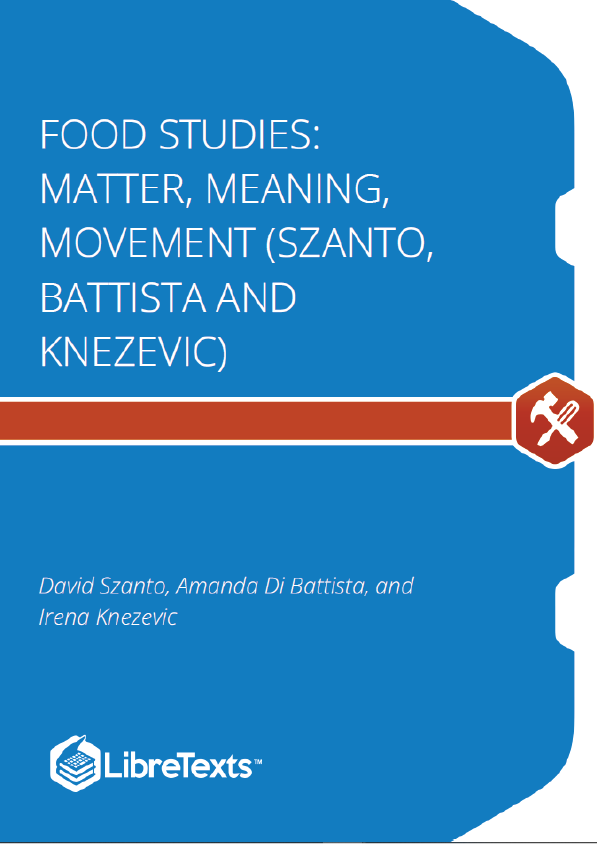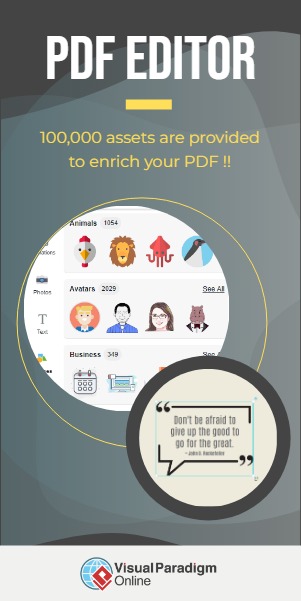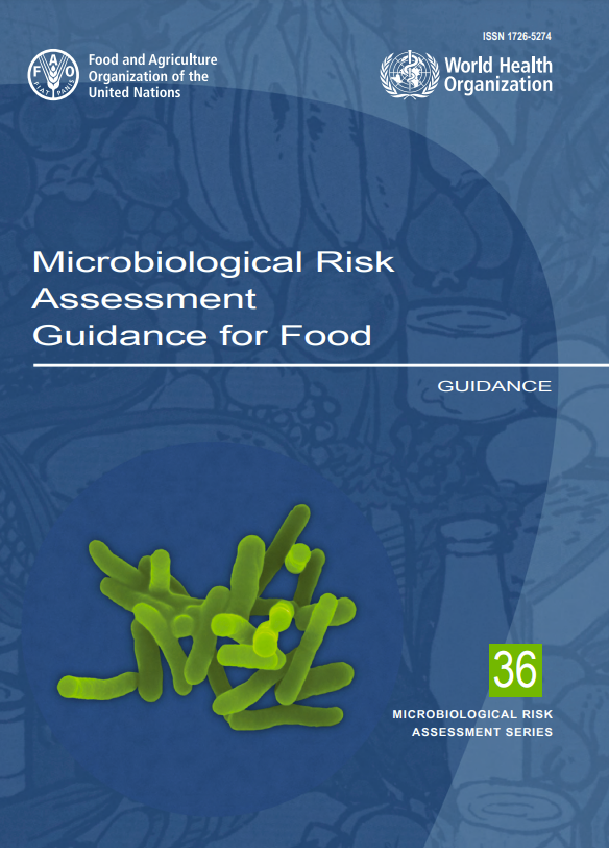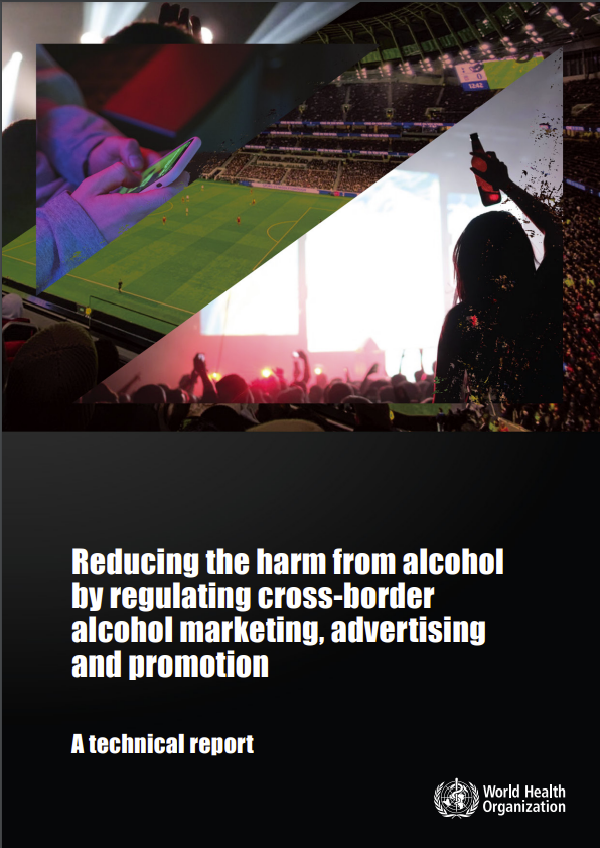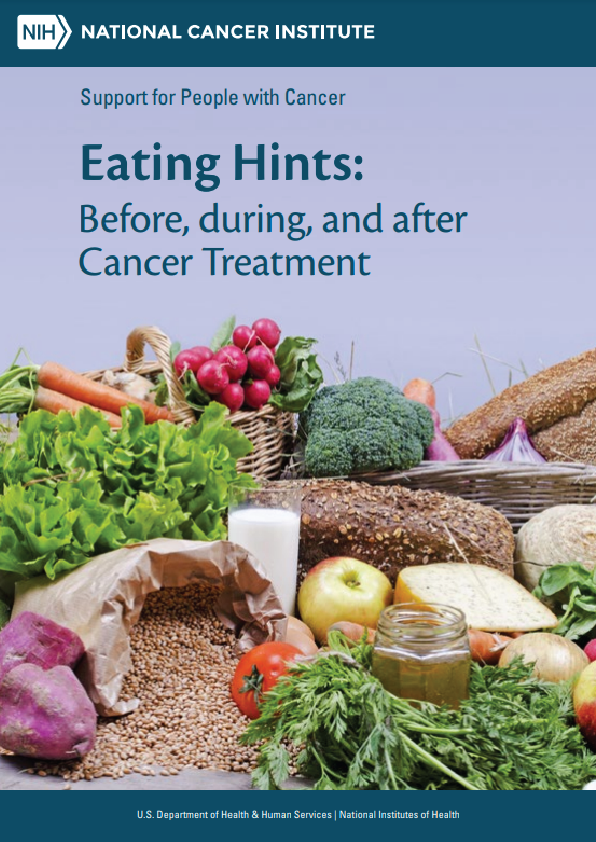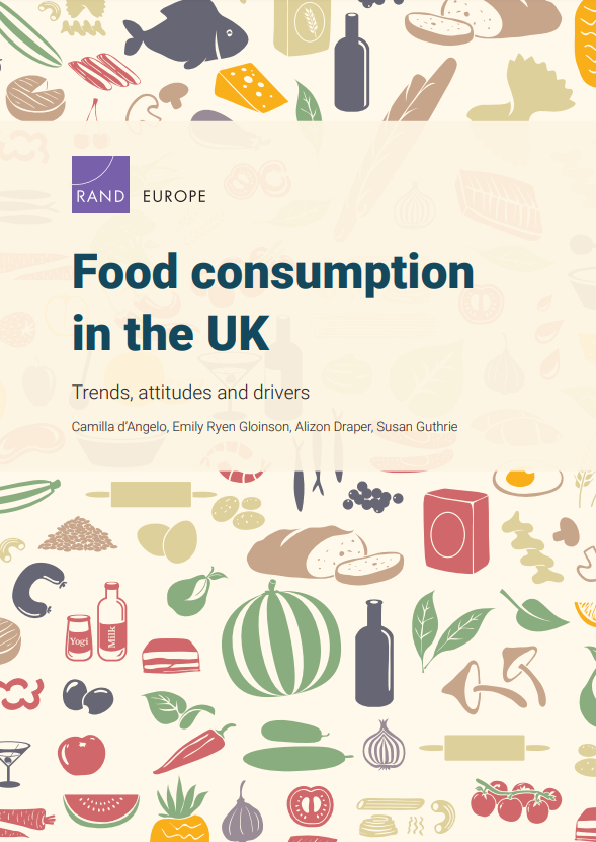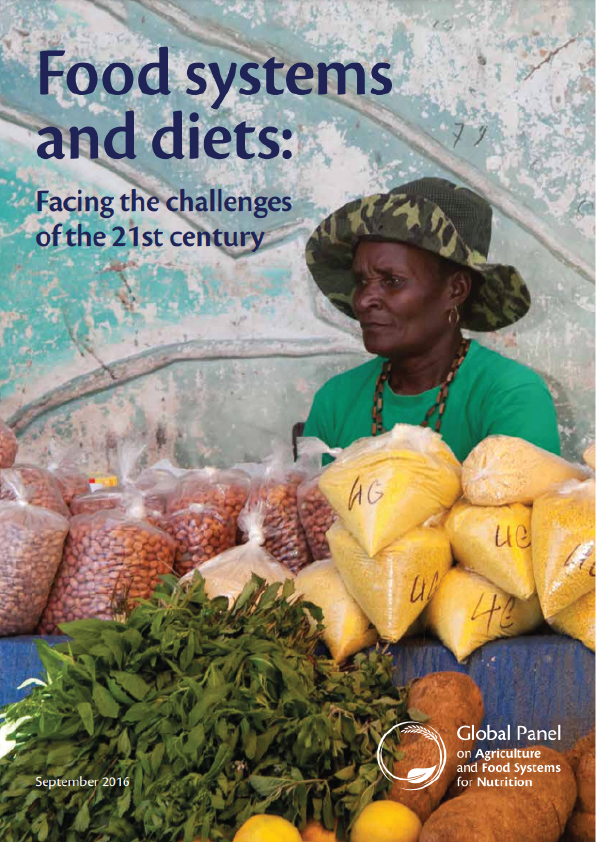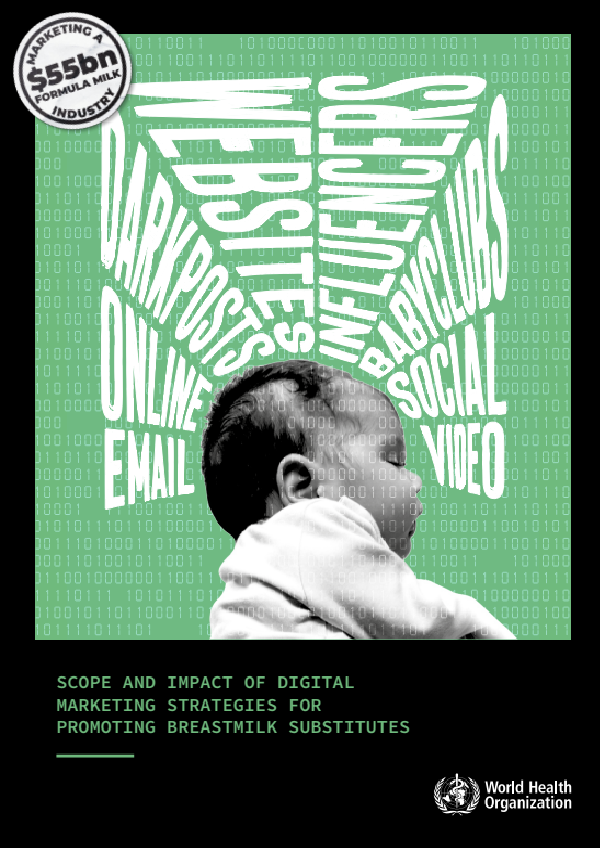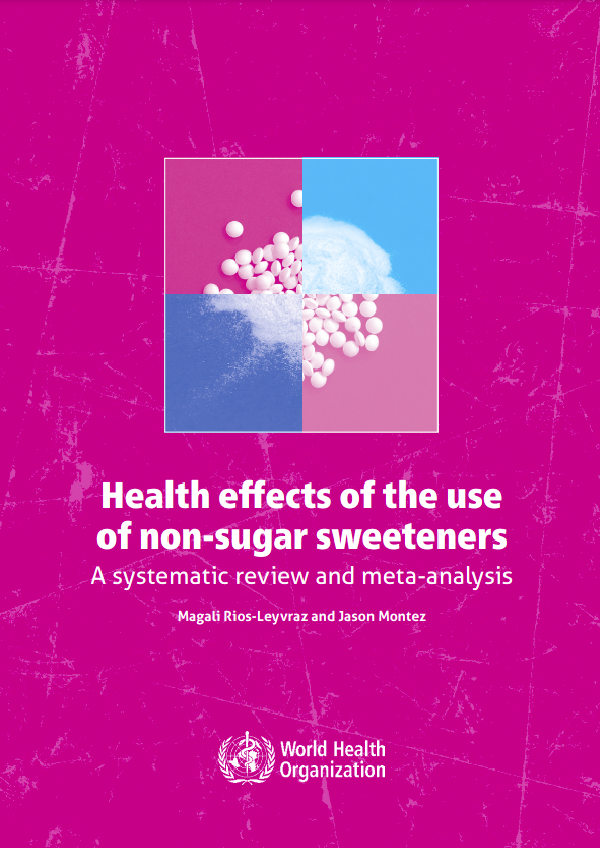Food Studies aims to help readers understand and address numerous issues within food, food culture, and food systems. These subjects transcend disciplinary boundaries and call attention to how matter, meaning, and movement produce complex and dynamic food-human realities. Chapters range from sovereignty to breastfeeding, financialization to food porn, pollination to fair trade. Embedded throughout, art, poetry, illustration, and audiovisual works offer moments to reflect on and synthesize the text-based entries. Through reading, classroom discussion, and engaging with the extensive pedagogical tools, learners and teachers alike may acquire a new sense of things foodish—along with a new sense of their own place and role within food systems themselves.
Introduction
Many cultures have versions of the sayings, “you are what you eat,” “a hungry person is an angry person,” and “let food be thy medicine.” Food, health, and well-being are inextricably linked, and advertising has long capitalized on this. Promotional messages that describe food products as linked to diets, low in undesirable ingredients like added sugars, or high in desirable ones like fiber, always imply that such products improve health. While those qualities can be beneficial to human health, their impact is sometimes exaggerated as a magical solution to the pursuit of health and well-being.
In much of the world, the average person is exposed to thousands of advertisements every day. People receive information from advertising, alongside nutritional advice from news media, social media feeds, science reporting, and public health messaging. Competing interests, evolving nutritional science, and cultural trends shape the abundance and the complexity of available food information. That information is now made widely accessible with new media technologies, which have also enabled anyone—not just recognized experts—to offer opinions and recommendations to tell consumers how to choose their food. This—rather than making us more knowledgeable about nutrition—leaves us sifting through conflicting and confusing messages looking for shortcuts to wise food choices. We want simple, magical solutions to health and well-being. This desire is bolstered by promotional messages that highlight individual responsibility for personal health. Health and nutrition are often portrayed as individual choices, encouraging those practices that are deemed healthy as moral imperatives. Even for people who have little choice—for economic, mobility, geographical or other reasons—this view imposes a cultural norm of individual responsibility for managing diet and appearing healthy. Food products that promise to aid in dietary management benefit from this cultural norm.
The Bovril Example
In 1871, butcher and amateur food scientist John Lawson Johnston acquired the contract to supply canned meat to Paris after the Franco-Prussian War. Commercial production of his meat-extract paste commenced in Montreal in 1874. The product was soon available widely and continues be sold to this day. The international promotion of Bovril in the early twentieth century offers a fascinating glimpse into the historical trajectory of food advertising that promises “health, strength, and happiness.” Bovril advertising evolved, but the core message has remained consistent—this food product offers an easy, convenient path to well-being through consumption.
We have been collecting and analysing Bovril advertisements for more than a decade. The product’s century-and-a-half long existence has generated hundreds of advertisements; many from the early 20th century are widely available in physical and digital archives.
